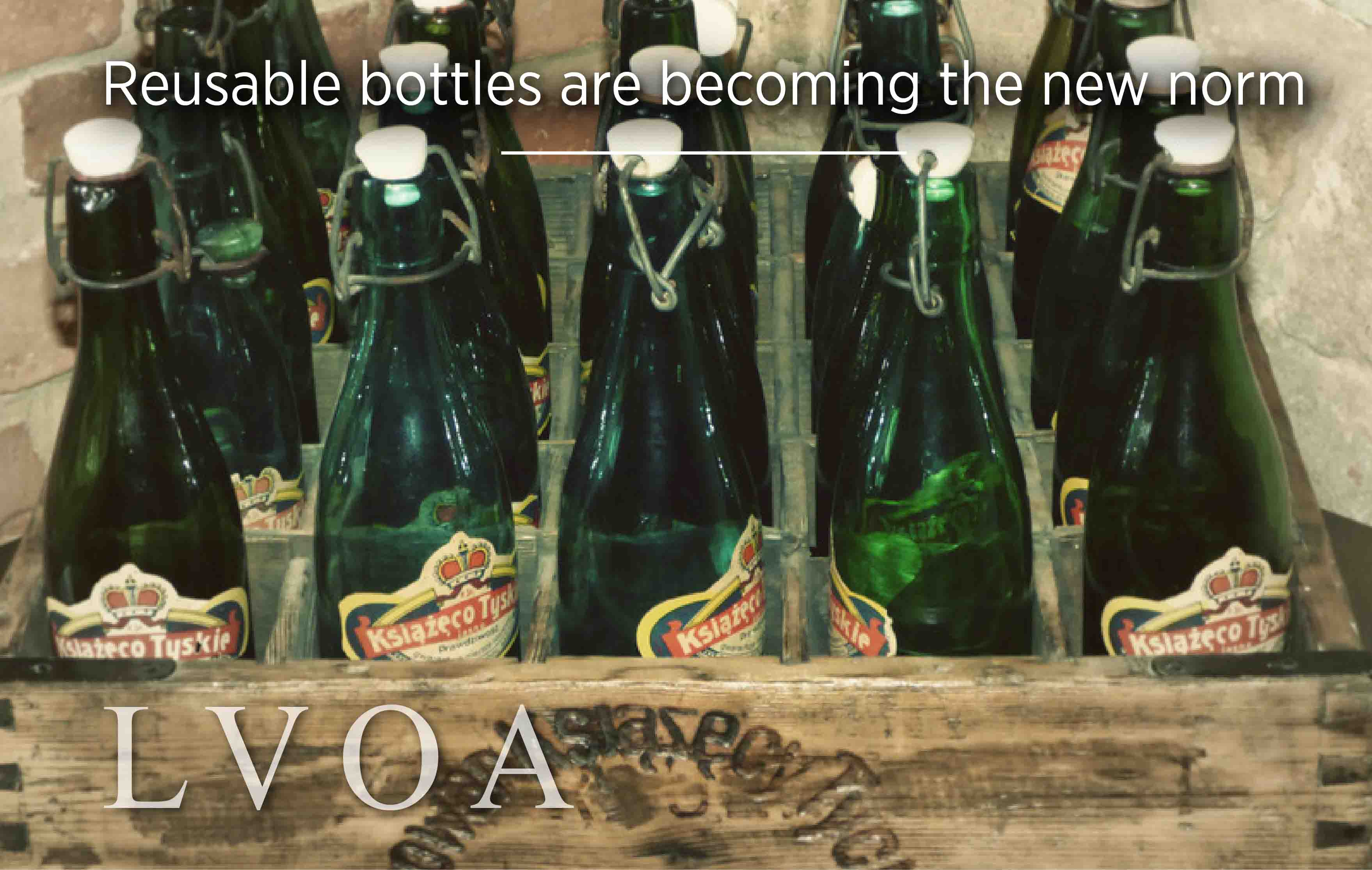In recent years, environmentally friendly hotels have sprung up across the globe, catering to increasingly sophisticated consumers that demand only the most exclusive and authentic experiences.
The seasoned traveller expects a resort to be green and eco-friendly in all aspects, to reduce its carbon footprint and, ultimately, to help improve the environment.
Many hotel and resort management teams have implemented a green policy, by using sustainable construction materials, recycling waste materials, conserving water, or preserving fragile ecosystems.
While green travel is on the rise the trend is not limited to the travel industry as consumers are also switching from meat and unhealthy food to greener and healthier alternatives.
Luxury hotel management that want to be taken seriously on the environmental stage are making a true commitment to sustainability without compromising on service, exclusivity and comfort.
Apart from efforts on energy and water conservation by replacing hotel equipment, using eco-friendly cleaning supplies and implementing re-use linen programmes, hoteliers are constantly looking for ways to reduce the negative impact on the environment.
Making greener choices for your hotel will save money, but the real benefit is in meeting customer demand for sustainable travel options. Awareness can certainly be increased by having clear content on the website with regards to sustainable efforts which will reach millennials that are accustomed to surfing the web to obtain info.
For the younger generation green travel is important as they care about the future direction of the world and are trying to be part of saving the planet for their children. Green travel benefits hotels in many ways from saved costs to gaining competitive advantages and building brand loyalty.
Farm-to-table

As an effective way to reduce carbon footprint, the farm-to-table restaurant dining concept has become a key feature of luxury hotels that prioritise sustainability and eco friendliness. They offer guests luxuries while minimising the impact on the planet and enhancing the health of guests. By purchasing fresh produce and meats from local surrounding farms they are effectively reducing their carbon foot print.
Prioritise sustainability
Taking an ecological approach to hospitality brings its own rewards as eco-conscious millennials are gaining spending power and their values are driving trends in luxury travel. They are twice as likely to support brands with strong management of environmental and social issues.
Reducing carbon footprint
Reusable bottles are becoming the new norm as they appeal to increasingly eco-conscious guests while eliminating the efforts required to disposing single use plastic bottles as it helps to reduce carbon footprint.
Minimise impact
Being responsible not only involves preserving the lifestyle and the uniqueness of the destination, it is also about minimising any negative impact on the environment and respecting the local community.
Business travellers
Not only are consumers interested in more conscientious travelling, more and more business travelers opt to keep conferences and meetings in eco-friendly venues as environmental policies mean that they seek out the most environmentally friendly alternative.
Promoting loyalty
As today’s environmentally conscious consumers seek out the best sustainable hotels, they also want to help these businesses grow. When hotels apply green practices, the values will align with customers’ ideals which lead to loyal brand advocates.
In the name of self-preservation, sustainability is not an option but a crucial step forward in living a healthy life while preserving the planet for future generations.







